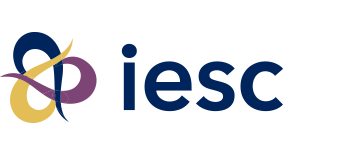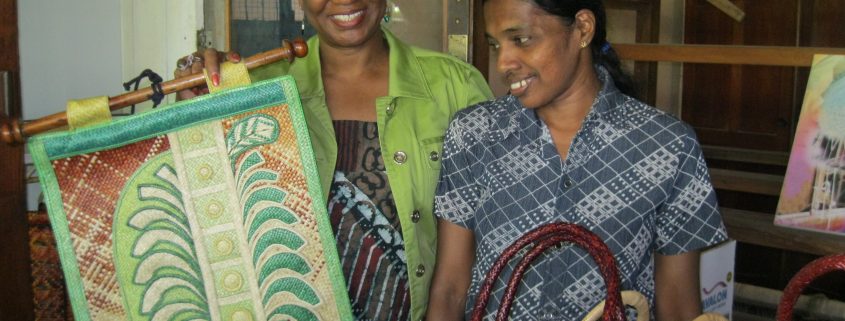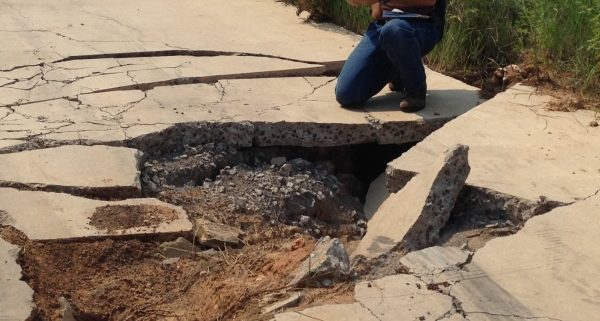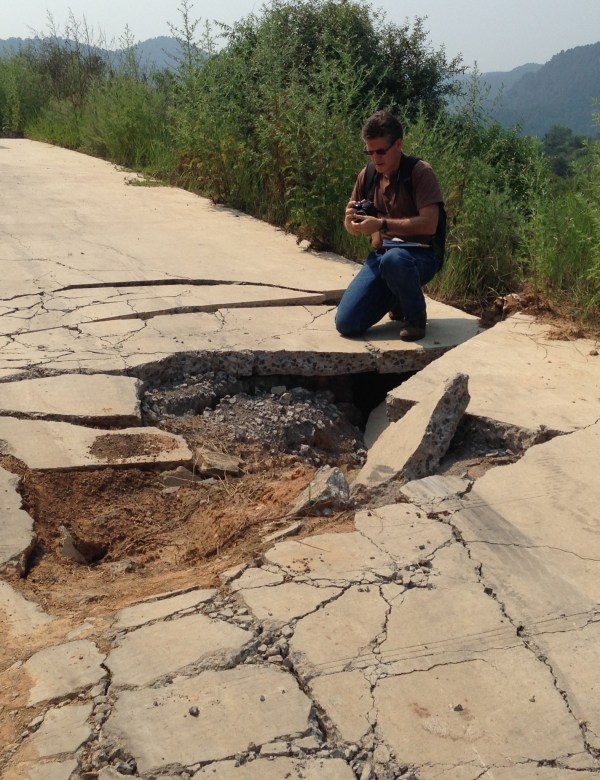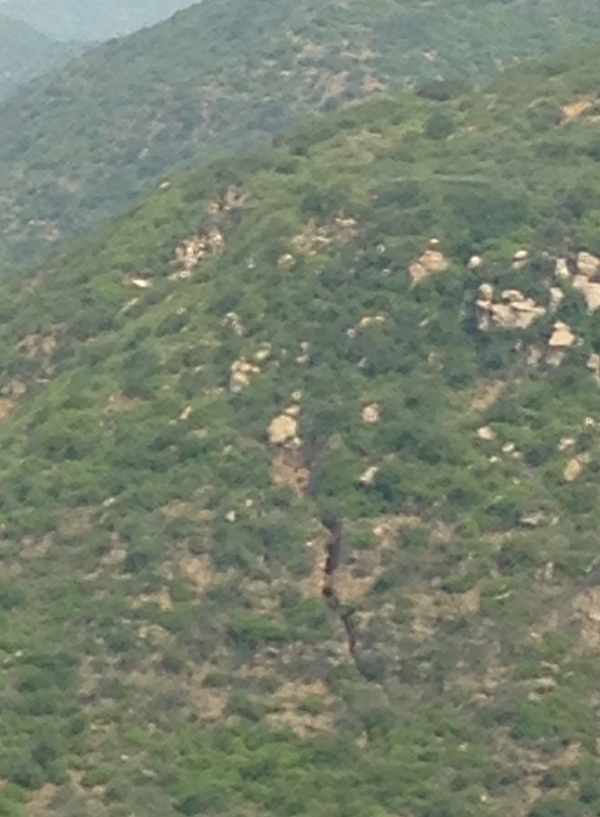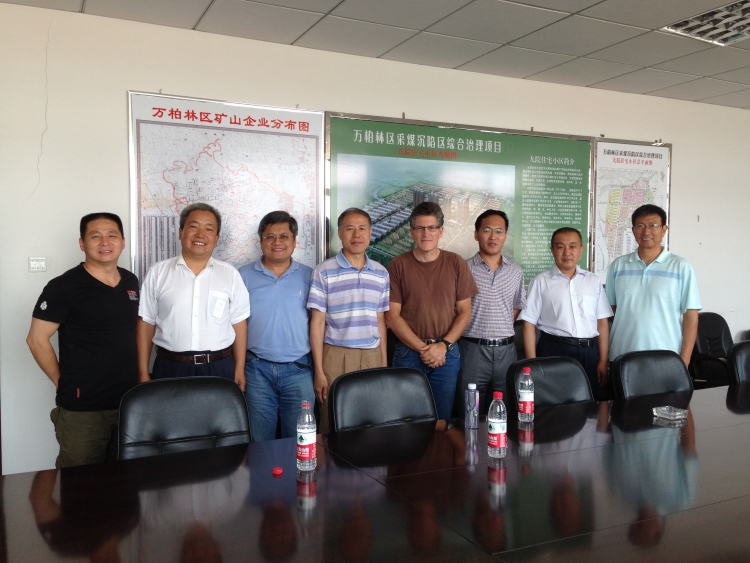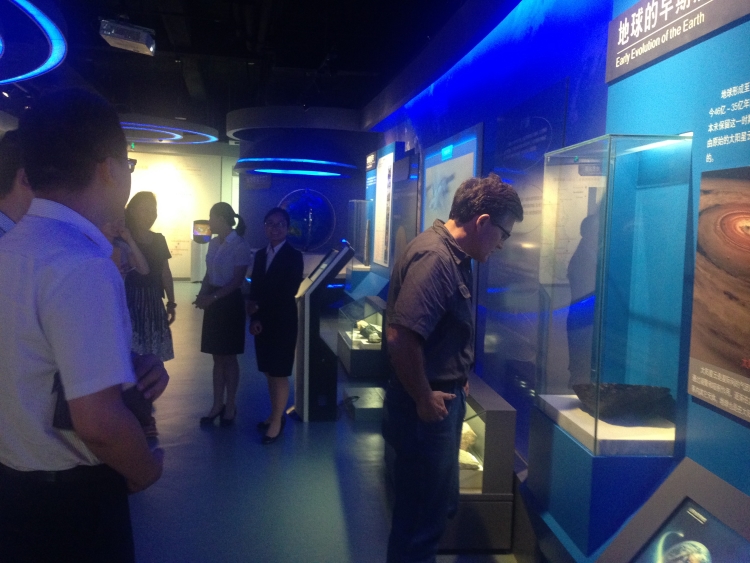When Women Help Women, Entrepreneurs Thrive

 |
|
Haoua Cheick Seip, IESC volunteer expert, on assignment in Ampara, Sri Lanka, in 2011. |
When Women Help Women, Entrepreneurs Thrive
Women in West African cultures’some of which are historically matrilineal’hold positions of respect and strength. As the providers of shelter, food, wisdom, and comfort, they have often been called to firmly hold their communities together in the face of conflict and strife. It is not uncommon for women to turn to entrepreneurship’often at a very young age’to support their immediate and extended families.
In Mali, for example, the adult literacy rate for women is around 22 percent. Business ideas are hatched at the kitchen table, and business skills are not honed in school, but with time and experience and, perhaps most importantly, with the help of other women in the community.
IESC is hoping to leverage this existing inclination toward informal business mentorship into a more formal structure, piloting a mentoring program that will create a space for relationships to build between experienced entrepreneurs with those who are just starting out.
At the heart of this endeavor is IESC volunteer expert Haoua Cheick Seip, a woman who clearly embodies the West African qualities of strength, determination, and support. Born and raised in Mali, Haoua left at the age of 22 for Ivory Coast, where she earned a degree in chemistry. She emigrated to the United States and started working as a management consultant. Haoua had always been inspired by the vibrant West African women who started businesses from nothing and grew them into successful enterprises.
As she prepared for a trip back to Ivory Coast, some female business associates asked her to bring back cosmetics from New York. In return, they would send her back with a selection of their tie-dyed goods to sell in the United States. That experience led Haoua to build an incredibly successful import-export business.
Since 2004, Haoua has volunteered with IESC six times, in Ghana, Benin, Swaziland, South Africa, Sri Lanka, and Lesotho. She has trained artisans to access markets and develop export-quality products. In 2012 in Sri Lanka, for example, she worked with the Sri Lanka Peace Collection, an initiative to assist war widows in traditional hand-loomed textiles and creating a competitive brand for international markets.
For her upcoming assignment in Mali, Haoua will work with IESC’s project team in Bamako to design a women’s entrepreneurship mentoring program, facilitate the first meeting of mentors and their mentees, and plan for the long-term growth of the program.
Haoua is eager for the opportunity to work one-on-one with women business owners to get to know their real problems and figure out how best to assist them.
‘They need to figure out how to grow their businesses and then they need money to move forward’and understand the best ways to use it,’ Haoua said.
While capital investment in these businesses can catalyze growth, there is no substitute for having a supportive network. Haoua’s unique knowledge of the challenges women entrepreneurs in the region face will ensure that the mentoring program responds to women’s real world needs and positions them for long-term success.
__________
Marissa Germain is a senior program associate with the Finance For Food Security and Women Entrepreneurs Program. Implemented by IESC, the program is funded by USAID and the Swedish development agency, Sida, through the Volunteers for Economic Growth Alliance. The program is expanding access to credit to businesses in the agriculture sector and to women entrepreneurs and associations by building their capacity to become creditworthy borrowers. FFSWE also strengthens banks who are part of USAID’s Development Credit Authority, increasing their capacity and willingness to loan to small and medium enterprises. In the first program year, 2,600 businesses registered with the program. Of these participating businesses 62 percent are owned by women.
